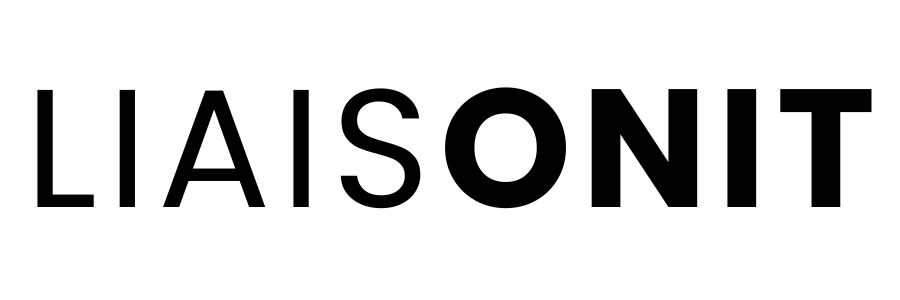Arbutus Biopharma’s new patent on Lipid Nanoparticles for delivering Nucleic Acids
- nDimensionsIP

- Aug 11, 2016
- 2 min read
Arbutus Biopharma, formerly Tekmira Pharmaceuticals Corporation was issued a patent numbered US9404127 and titled, “Non-liposomal systems for nucleic acid delivery” on Aug 2, 2016. Arbutus Biopharma with a primary focus on Hepatitis B infection also addresses RNA interference (RNAi) therapeutics and lipid nanoparticle technology. It is notable that the original patent applicant Protiva Biotherapeutics Inc. and Tekmira Pharmaceuticals had combined their businesses in March 2008 while retaining the name Tekmira Pharmaceuticals.
The delivery vehicles mainly comprise of nucleic acids associated with lipid nanoparticles (stable nucleic acid-lipid particles – SNALP). The nucleic acids are interfering RNAs (Small interfering RNAs – siRNA, Dicer-substrate dsRNA, Small hairpin RNA – shRNA, asymmetrical interfering RNA – aiRNA), microRNA – miRNA), mRNA, antisense oligonucleotides, ribozymes, immunostimulatory oligonucleotides etc. The lipid nanoparticles have a non-lamellar morphology made up of cationic lipids, non-cationic lipids and conjugated lipids. The non-cationic lipids might comprise a mixture of phospholipids and cholesterol/cholesterol derivatives. The conjugated lipids stabilize the nanoparticles by inhibiting their spontaneous aggregation and might comprise PEG-lipid conjugates.
In a particular embodiment, cationic lipids and cholesterol combine together to form inverted micelles encapsulating nucleic acids as shown in the figure given below. The inverted micelles spontaneously aggregate into colloidal particles that are stabilized by conjugated lipids. The colloidal particles have an inverse hexagonal or cubic phase structure.

The invention further discloses methods for making the SNALP and methods for administering the SNALP. SNALP can be prepared by a continuous mixing process, a direct dilution process or an in-line dilution process. The route for administration of SNALP may be oral, intranasal, intravenous, intraperitoneal, intramuscular, intra-articular, intralesional, intratracheal, subcutaneous or intradermal. The SNALP can deliver the active agents including nucleic acids under both in vitro and in vivo conditions.
The lipid nanoparticle technology disclosed herein can deliver nucleic acids to specific cells thereby silencing the gene of interest or modulating the expression of gene/protein of interest, while protecting the nucleic acids from enzymatic degradation and has applications in gene therapy for treating many diseases or disorders.
Links:




Comments